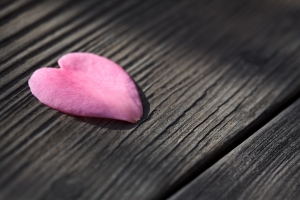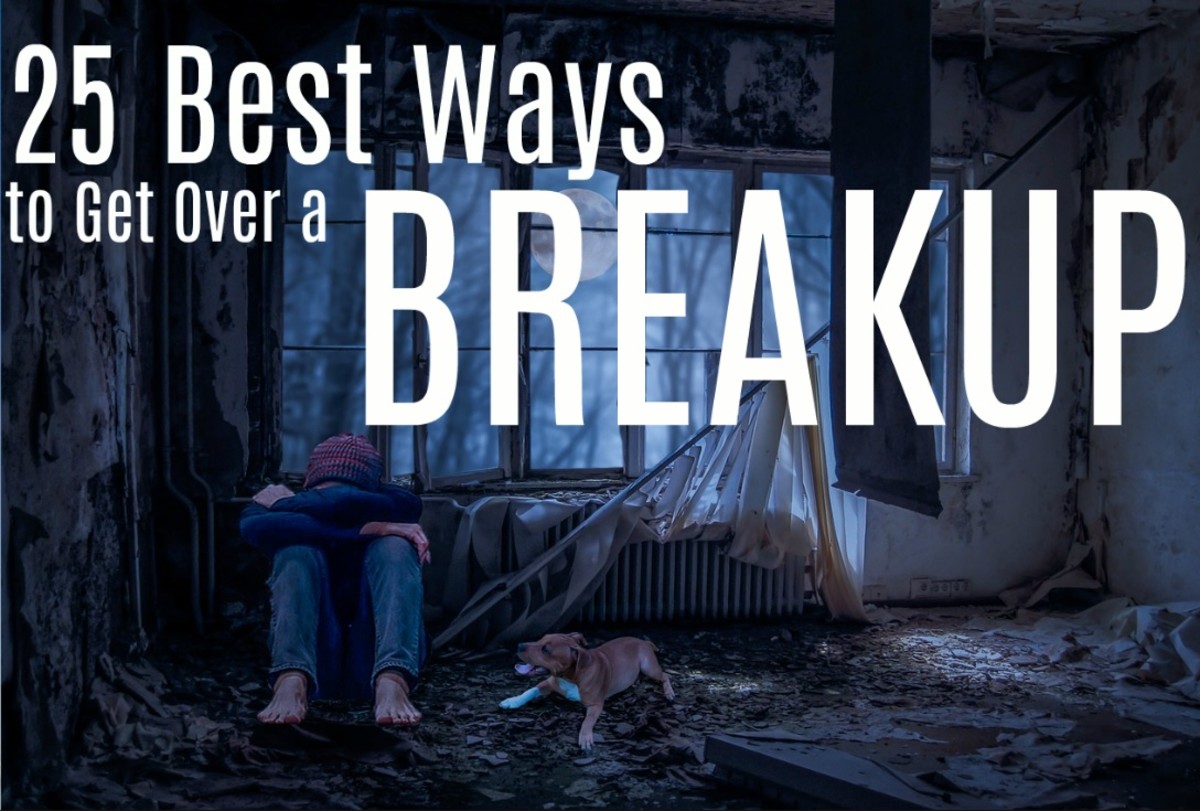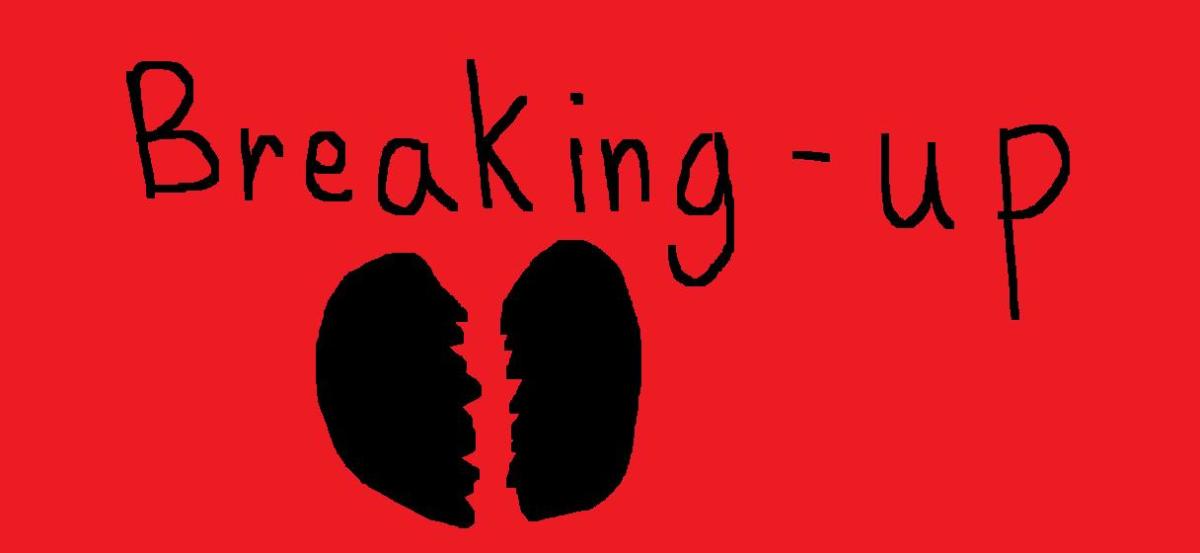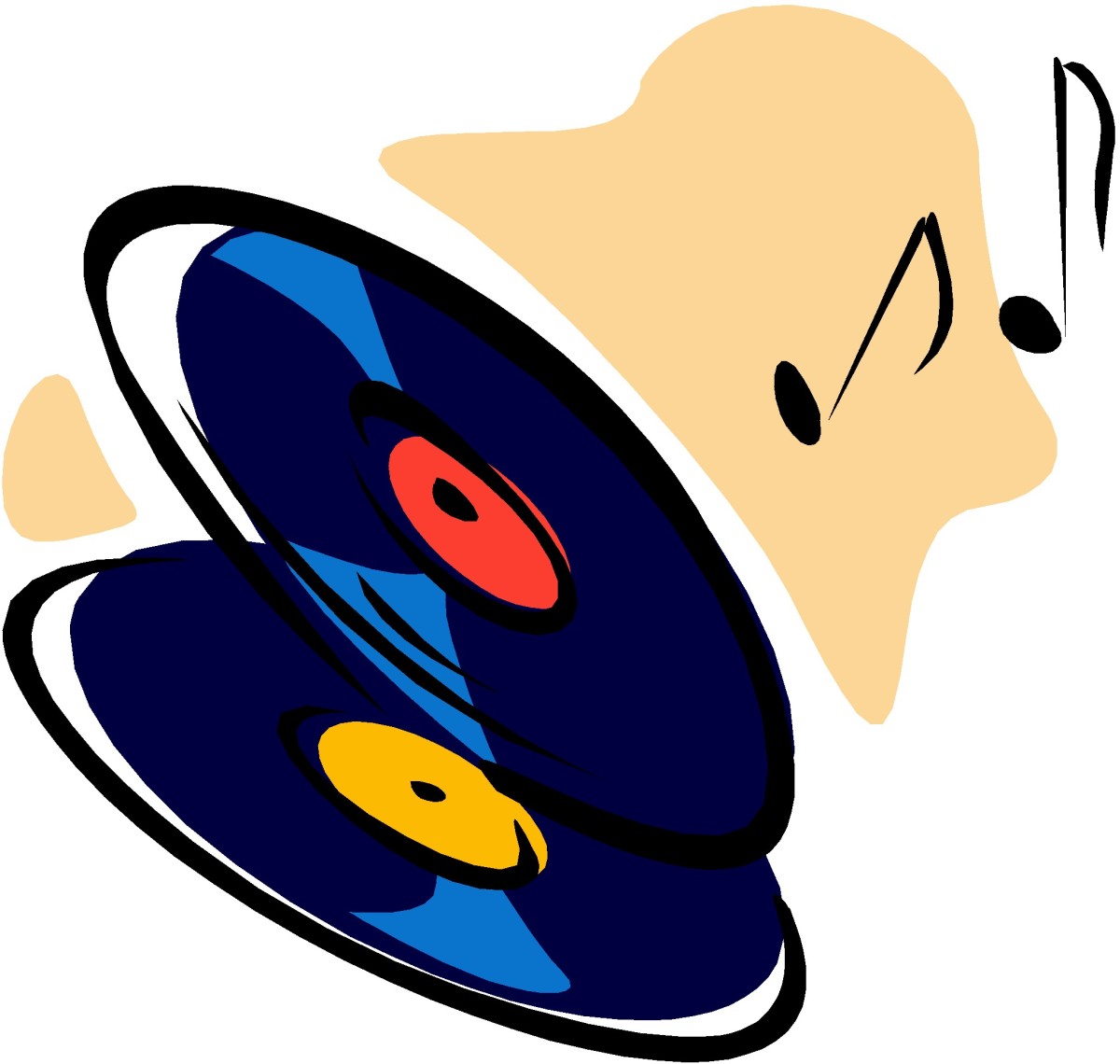How long does it take to get over a breakup?

Breaking up is hard to do
It doesn't matter if you are the man or the woman, if the relationship was 3 months or 30 years; breaking up is hard to do.
In this hub, we're going to go over some of the factors that can lengthen or shorten the amount of time it might take you to overcome the pain of your past. Keep in mind that every person is different and these 'rules' don't apply to everyone in the same way. Though because there are too many variables, we'll cover the most general notions of breakups and you can customize to fit your own experiences.
Other than that, the important thing to recognize, is that at this point, you're hurting. Whether your relationship was blissful or torturous, that's going to happen. While you go through the grieving process, it can be helpful to have some information from those that have been where you are now, and come out of the other side in one piece (or mostly one piece). That is what I'm going to attempt to provide you in this hub. We'll go over many important factors that will play a part in how long it will take you to heal and be able to move on with your life and your love. If at any point, you have any questions or advice, please feel free to leave a comment below.
What stage of your breakup are you in?

Time heals the heart...
Time is one of the most important factors when it comes to healing from a breakup. Over any other factor, time is the only one that is truest for us all. There are two main parts about time that you need to consider:
1. How long were you together?
There's an old wives tale that I've found to be rather true. It suggests that it takes a person at least half as long as their relationship lasted, to overcome the pain of their breakup. It's a simple rule and one that can help give you a sort of timeline on your own mental health after a breakup. If you were together for 3 months, it will take you around 1.5 months to start feeling better. If it was 3 years, than 1.5 years is your number. Likewise, if it was 10 years, you're looking at about 5 years before your heart is truly ready to open again. This rule applies, even if you find yourself in a relationship sooner than that. It's definitely better to wait this time out and get to know yourself and what you learned from the relationship, but whether you do that or not, this is generally the amount of time it will take for you to get over the breakup, whether you accept that or not.
2. How old are you?
Yes, age does play an important role in overcoming a breakup. Those who are younger than 30 or older than 60, tend to have a harder time overcoming their breakups for some very obvious reasons. When you are young, it often feels much more intense to experience a breakup and it often feels like you might not ever find someone new to truly be in love with in the ways you truly need. Part of that is life experience, and part of that is the biological clock ticking, even if you've already made your babies.
Similarly, when you are over 60, it can often feel like you're too old to find another true love. That doesn't make it true, but it makes it feel scarier to have broken up with your last love, especially if you were with then for a long time.
Those who are between 30 and 60 can still experience these issues, since we all experience breakups in our own ways. Though when you are in the middle ages, you often have enough maturity, experience and youth (in your mind) to know that you won't melt away and never find another wonderful lover later on.
Lessons learned...
Most people don't consider this factor after they have broken up, regardless of how important it actually is. What you learned from the relationship and breakup, will determine how you will get over it and how long it will take, as well as how much your past relationship will seep into your future ones.
Think about it. If you spend your entire breakup blaming your ex or blaming yourself for the relationship ending, you obviously didn't learn a whole lot of lessons. Sure, you may have learned that some people can be cruel or that we all make mistakes, but those kind of generalized lessons won't help you better yourself, get over the breakup or create a more fulfilling relationship in the future.
However, if you really sit back and take the time to contemplate and meditate on all the experiences you had with your ex partner, you'll find your heart and mind heal much faster. What sort of things did you learn about yourself and how you interact with other people in intimate relationships?
- Did you give up all your friendships, hobbies and passions to please your partner? Or did you sink so much time into yourself that you were never really available for your partner?
- When you argued, was it the same argument over and over that never was resolved? Or was it many different issues all the time?
- What fighting style did you take on with your partner? Did you always have to win or give in? Did you ask your partner to constantly change for you? Or were you constantly changing for them?
- Who initiated the breakup and why? Was it irreconcilable differences? Infidelity? Lack of communication? Lack of fulfillment?
There are many lessons that can be learned in each relationship we experience, which is part of why it's so important not to believe that every relationship we enter into, is going to be forever after. Yes, it's important to give your whole self to a person you are in love with and want to spend the rest of your life with, but that doesn't mean that you cannot be realistic and understand that you might end up being learning lessons for each other.
We often don't find the truest love of our lives until we've learned at least a few important lessons about relationships. Lessons such as balance. You don't want to give up your individual life completely for someone you love, but you also don't want to be such an individual that there is no time for the "couple". Likewise, you cannot ask for or expect your partner to do all the changing to make you happy, and you cannot expect to continually change yourself to fit their needs if they are not also improving themselves.
Furthermore, when it comes to relationships, it's silly to believe that neither of you should ever have to change for any reason, and equally is silly to believe that either of you can become completely different people. In relationships, we grow with each other. If we don't, the relationship dies. So yes, you will both go through changes for each other and for yourselves. At the same time, you'll still be you and they will still be them. The core parts of yourselves will likely always be the same. This is why its so important to consider the best and worst of your partner when you first experience those sides of them. If you cannot handle their worst features and love them in spite of those faults, then the relationship is not likely to last. Yes, there is a potential for them to change, and they will if they really love you and admit to themselves that changes could be positive for them as individuals as well as the relationship, but don't bank on that. The same is true if they continually expect you to change. Make it clear in each relationship that while you understand you have some growing to do and that you are happy to grow with your partner, you're not going to beat yourself up for not being the perfect partner. We can only go so far to change without losing ourselves completely. Self improvement is the aim. If you could see yourself making changes because it would be good for you with or without your partner, than do it. Otherwise, if you're just doing it because they want you to, even if you feel like you could do it and be happy, you're better off looking for another path.
As I said, there are many lessons we can and need to learn throughout relationships. Some of them are easy, others are harder. Regardless of the difficulty level of each lesson, the more you sit back and contemplate those lessons, the easier it will be for you to see the objective reality of what happened in your breakup and heal through giving it a purpose.
If you haven't already done this, do it now. You won't regret it.

The bridges you built...
Depending on how intimate your relationship got while you were with your ex, will definitely create some factors that will hinder or help your healing.
Do you have kids together? Any financial responsibilities that require both of you to cover, such as a house or a car? How about intertwined family and friends?
The bridges you built together will make it easier or harder to get over your past love. If you have kids together, you are not going to be able to just stop seeing them all together (at least not if you are both mature about it). You're going to have to work out a parenting plan, child support and everything in between. And you're probably going to have to see them at least until your kids are adults. It might be minimal or it might be a lot, but it's still contact that will often times remind you of the relationship you had with your ex. You will still heal and be whole again, it just sometimes takes longer when you are obligated to have some direct contact with your ex.
The same can be said if you were married, together for more than 10 years or if your families are intertwined. Marriages and long term relationship mean that you have a lot of valuable materials and assets that will need to be divided. If you can do so amicably, it will be faster and healthier, but if not, it will take longer and be much more emotional.
If you don't really have any serious bridges between you to, then it will be easier in the long term for you to heal. You'll be able to move out or stop inviting them over and take time to yourself without having to worry about kids, pets, cars, houses or family.
How was it for you?
As backwards as it might seem, the better the relationship was, the easier it will be to move on. This is generally because healthier relationships mean healthier emotional responses from both parties. If you were simply able to admit that it wasn't going to work out between the two of you for whatever reason, and amicably separate from there, then you're not going to be as scarred from the incident and neither are they.
Oppositely, if you were in a relationship that was constantly on the rocks where your emotions were constantly rollercoastering around the moon and back, then it'll be harder. Not only because the two of you are likely to have several battles that go on and on before you finally breakup, but also because you'll be so wrapped up moment to moment, that it will be harder to recognize when you should end the relationship in the first place.
If you're lucky enough to be reading this before you breakup, you might be able to help make it easier to end the relationship by recognize and accepting that it's easier to heal after the breakup if you do it as cleanly as possible. Otherwise, chalk it up to another lesson learned down the road > if you're constantly battling yourself and your partner in your relationship, it's to going to last. The longer you prolong that, the harder it will be to breakup and to heal after the breakup.
It's also important to consider that the more negative your relationship was, the more lessons you are going to carry on with you into the next relationship. The worse the relationship was, the more baggage you'll be bringing with you into the next relationship, especially if you didn't take the time to contemplate and learn from the relationship from an objective perspective.
Closure...
Closure can mean many things to different people. Sometimes it's just simple communication about why the relationship ended and how each person will interact with the other now that they are separated.
For others, closure can be much more complex.
Regardless, many relationships end without true closure, leaving each partner feeling like there is unfinished business and hangups still surrounding the recently ended relationship. When this happens, it can often make it harder to heal because theirs this void that drives us to fill it. Sometimes with new relationships, other times substances or activities. Either way, a lack of closure is definitely a big element.
If you are able to either get closure with your ex, or create and recognize that you don't need them to get that closure, than you will heal much sooner and in a much healthier manner.
Alone time...
The more alone time you have, the better your post-breakup processing will be. You need time alone to contemplate what you have been through, where you are now and where you want to be in the near future. Jumping into relationships delays healing and learning, and yet that is exactly what most people do.
We often feel so hurt, used and unloved that we drive ourselves in the arms of another lover right after a breakup. Yes, there are occasions when this could be the right person for us, but more often than not, this leads to another negative relationship. Depending on how long these rebound relationships last, this can delay your healing for months or even for decades because you don't sit back and take the time to learn to be happy with just you. That builds up, and it blinds you. It makes it so that you start to believe there is no true love out there for you, which just is not true.
When you take the time to heal and learn to become comfortable with yourself and relearn how to love you as you without believing you need to be in love to be a "whole" person, you give yourself your best shot at finding that true soul mate and keeping them. It's your choice. A few months, or maybe a few years without constant relationships, or a lifetime of pain because you're avoiding yourself.
The next great adventure...
Depending on your personality type and the circumstances of your breakup, it might be easy for you to consider what your next potential positive relationship will be like, or it might be really hard. Either way, you're going to be thinking about it. You might be thinking that you never want to be in a relationship again, or you might be thinking about all the characteristics you want to seek and avoid in your next partner in order to cultivate the healthiest, most passionate and most fulfilling relationship you've yet had. Regardless, you'll definitely be thinking about it, and how you think about your next relationship can determine how well and how long it will take you to heal from your last one.
As said above, if you believe you simply need to find the nearest love and get into a new relationship asap, then you're not giving yourself time to heal or adequately consider what you really need a lasting love relationship. Likewise, if you decide to tell yourself that you never want to be with another partner, you're really just fooling yourself. Yes, you could do it and you could certainly find ways to be happy without a relationship, it's done all the time. Though you are less likely to live a fulfilling life without some sort of intimate relationship with at least one person who compliments you and vice versa, even if it isn't in the traditional sense.
The healthiest response, and the one that's going to help you get over your breakup the soonest, is to consider what lessons you learned about yourself and how you interact in an intimate relationship, and use those lessons to consider what you will look for in your next relationship.
Do you need a man or woman who has a more complimentary communication style to yours?
Do you need to work on not losing your whole self in a relationship?
Do you need a partner who enjoys doing more of the things you do and vice versa?
Alternatively, do you need to be more open to the types of people you can be in love with? Have you been looking only for partners who look a certain way or have certain resources?
Take the time to think about what you need to change in yourself to be happier with yourself and more compatible with the type of partner you believe would fulfill you the most. Then begin opening yourself up to love again. It's a slow process, so don't force it or jump right into the arms of another man or woman. Just be open and receptive. Be aware and conscious of the love decisions you make. This will help you learn, help you grow, help you heal and help you have a much more pleasurable experience in your future relationships.







